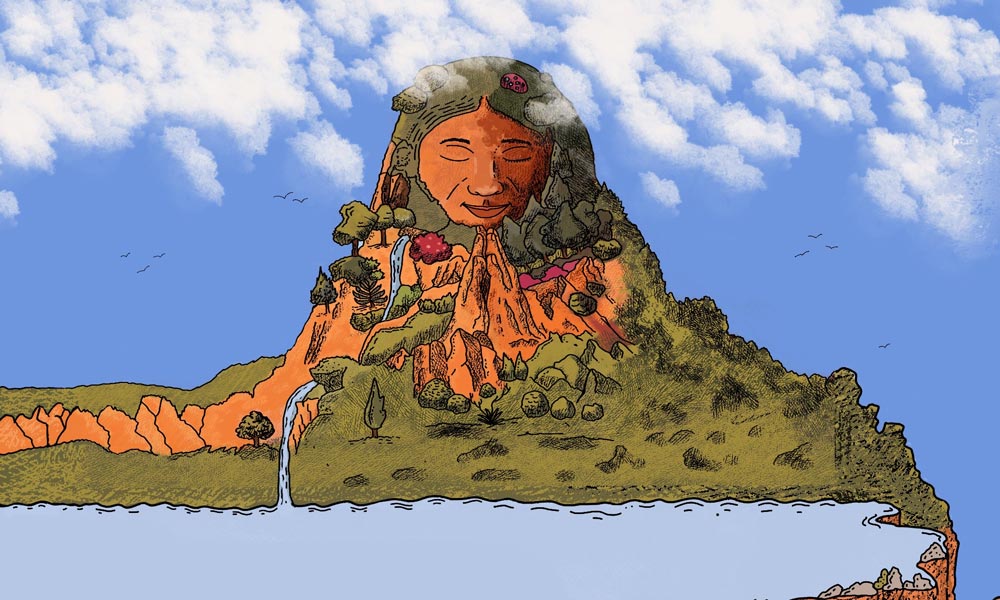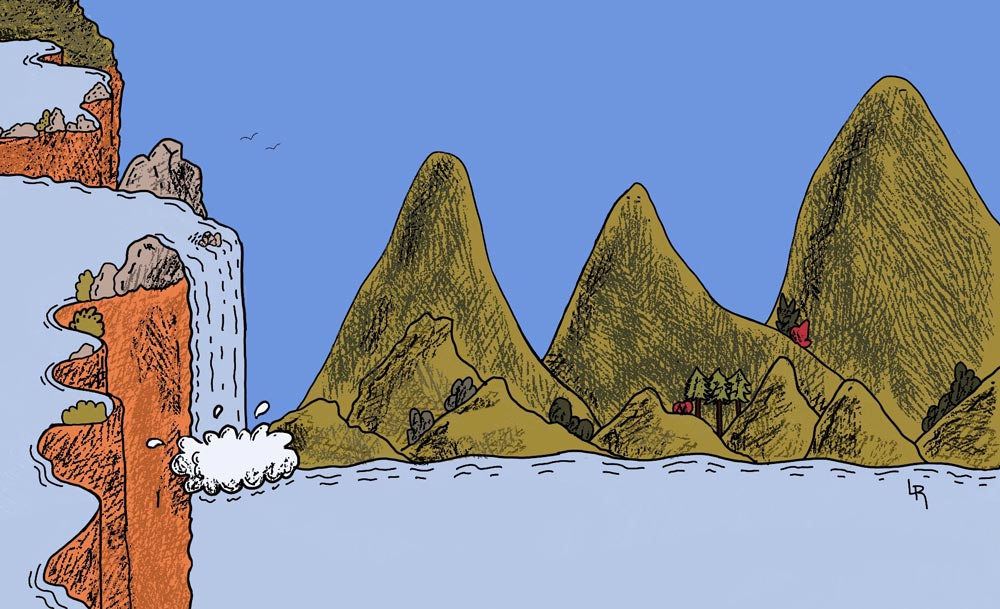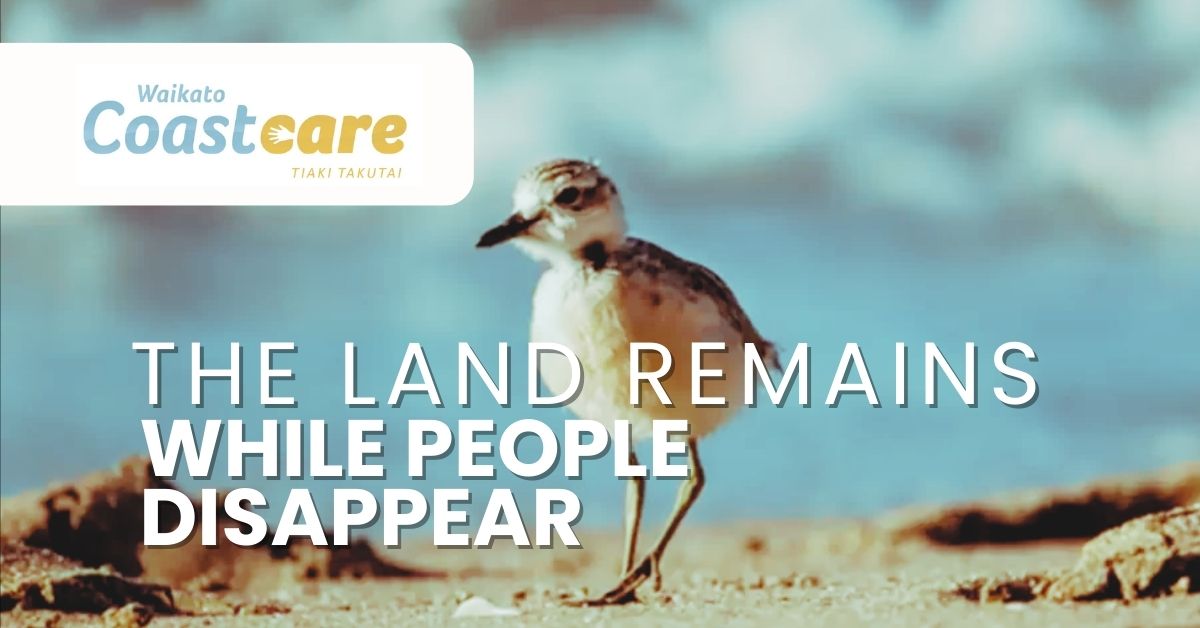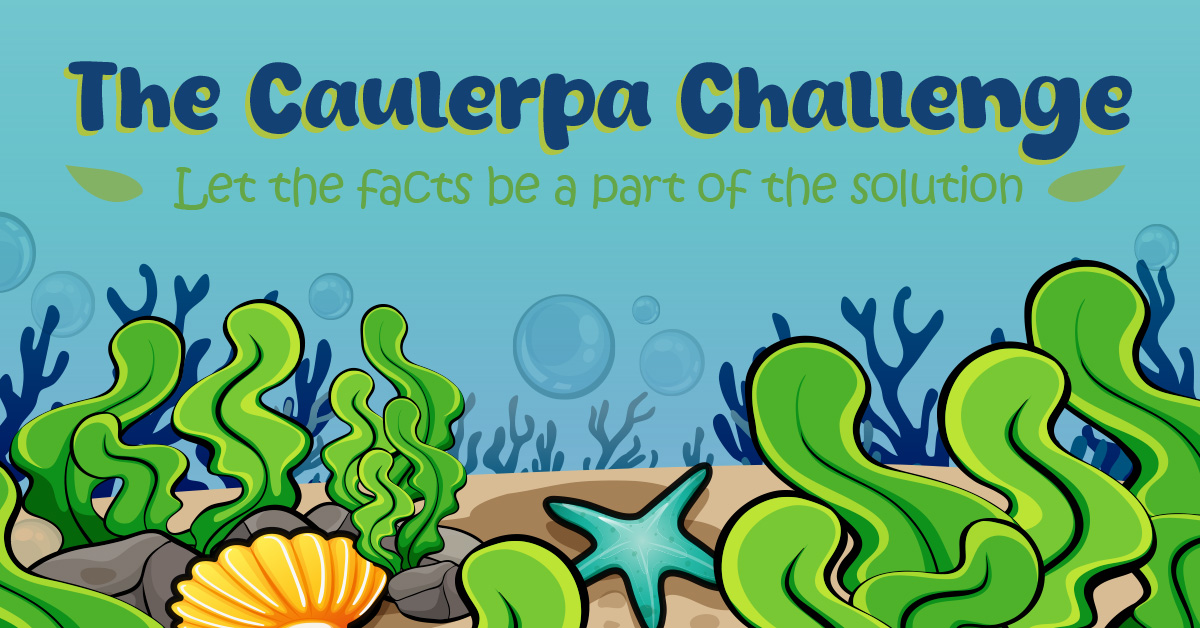
Petra Campbell explores the role of worldviews in environmental sustainability
Now more than ever sustainability, or the lack thereof, is an issue at the forefront of many of our minds. It is the issue that plagues the modern world as it affects every living being on our planet from us humans down to the plankton in our oceans. As humans, we have recently come to realise that the responsibility of the health of life on earth now relies on us and our sustainability. In the modern world, we overexploit and overproduce resources in order to grow our economy and thrive as a society. However, there are people in the world who have kept their cultures thriving for hundreds if not thousands of years without needing to do this, thus protecting their environment. These people are the indigenous people of our planet. Indigenous societies such as Māori, Australian First Nations People, Native Americans, and many more, have achieved such great sustainability for thousands of years. It is important to note that the many different indigenous societies have many different worldviews. When I refer to the indigenous worldview, I will be discussing a combination of several indigenous societies and the common grounds of their worldviews. Indigenous people can be described as any group of people who lived in a location for a long period of time uninfluenced by other cultures, which allowed them to develop their own unique culture and worldviews. I have come to understand that one of the reasons for the incredible sustainability of indigenous cultures, and the unfortunate lack of sustainability in ours, is the way each of us sees the world, or our worldviews.
Western Beliefs
In the West, centuries of influence from religion, philosophies and several ancient and modern societies have impacted our worldview. Generally the Western values are those based in Christian values as well as some values of ancient Greek and Roman societies. Many Western values are based in Christianity, such as individualism and our views on the sanctity of human life. Even more so, our views have been impacted by philosophers throughout history. The West’s relationship to nature has been strongly influenced by ancient Greek philosophers. They believed in a natural hierarchy for everything that exists, from the gods down to the soil in the ground. Most philosophers believed that man was the superior species, as they had politics, and intellect. Along with this sense of superiority was the separation between man and other living beings, or man and ‘beast’. It was Aristotle who said that there were “two kinds of living beings, the human race and a second one […] the beasts”. Throughout the years this belief has evolved, and has seemed to carry on into the West’s modern beliefs as Westerners tend to think that men are quite separate and different from the natural world. This is quite defining of the Western world view.
Indigenous Worldviews
Indigenous peoples’ worldviews on the other hand are quite different. They were historically directly influenced by their natural environment and their ancestors as they had no outside cultural influences. This also meant that indigenous societies were completely dependent on, or more accurately interdependent with, their natural environment. Because of indigenous societies’ interdependability with nature, they also have a deep connection with it. It is a key worldview shared by many indigenous societies that everything is deeply connected, and that there is no separation between man and nature, or anything else. This connection is often described as a union. Indigenous cultures tend to hold the belief that they are a part of nature. Aotearoa’s own indigenous culture Tangata Māori have a whakataukī (Māori saying): “Ko wai au? Ko te wai au, Ko te hau au”. This translates as “What am I? I am the water, I am the wind.” This relationship is what is responsible for the sustainability of indigenous societies. Such a view on nature gave indigenous people reason to look after it.
Comparative Approaches
These differing world views have had very different impacts on the sustainability of Western and indigenous societies. Due to the individualistic and separatist views of the West, we believe we are superior to nature. This view drives many Western practices that are completely unsustainable. Examples of this are seen throughout history, and have continued into the modern age. Westerners have manipulated the natural environment to their will, all without consideration for the negative impacts of these actions, for the land, and the people who live there. This has inevitably led to the overall lack of sustainability that we see today. The West’s disregard for nature has led to overexploitation of natural resources that cannot be sustained by the earth. As a result we are faced with a global crisis. Essentially, the West has separated itself from nature, which in turn has sent the planet into crisis.
Indigenous people, however, held the view that their world was intrinsically connected in every aspect. As a result they were interdependent with each other and their natural environment. This motivated indigenous people to look after the environment and each other. Instead of simply abusing natural resources, indigenous people ensured their sustainability. This resulted in the sustainability of their cultures, economies, wellbeing, and the natural world around them. Because indigenous cultures looked after every aspect of life as an extension of themselves, that is the environment, the people, and even their economies, indigenous societies were able to sustain themselves – in many cases for tens of thousands of years.
The view that ‘life is connected as one’ allows indigenous people to sustain their cultures for far longer than Western society has existed without global crisis. Not only this, but these worldviews, and the indigenous knowledge that was born of them, are better able to help solve the major sustainability issues that we face in our modern world. If the West were able to shift our worldview so that we acknowledged our connection to nature we just might be able to sustain the health of the environment, and our civilisation for thousands of years to come.

– Words by Petra Campbell
Art by Lucas Rocha






